Inflation in Nigeria happens by the second, making life a steadily burning hell for citizens. Unfortunately, government always seems to misunderstand the plight of the people judging from its shallow and emergency-type responses such as sharing bags of rice and providing mass transit buses.
In an attempt to address the rising prices of consumer products in the country, the federal government of Nigeria, through the Competition and Consumer Protection Commission (FCCPC), has given Nigerian traders a 30-day ultimatum to reduce the prices of goods and services, commodities, and other essential items, pointing to food inflation as the major focus of this ultimatum. The FCCPC also noted through its executive chairman, Tunji Bello, that by the end of September, it will begin enforcement actions against violators, with penalties including fines and imprisonment under section 155 of the law.
Join our WhatsApp ChannelWhile issuing the ultimatum, the FCCPC did well to provide a platform for market stakeholders to express their views and concerns on the issues. This shows that, although democracy has since died in Nigeria’s system of government, it is still in the minds of the leaders, albeit pretentiously.
Beating a Child, and Silencing the Cry
As highly expected, traders have pointed out factors like high bank interest rates, multiple taxation, insecurity, and hikes in transportation costs as some of the factors driving up prices. According to Ifeanyi Okonkwo, chairman of the National Association of Nigeria Traders (NANTS) Abuja Chapter, the high cost of goods and charges on imported goods at the port have played a significant role in the price surge.
Emmanuel Odogwu from Kugbo spare parts market says: “to transport a trailer load of tyres from Lagos to Abuja, which used to be N450,000, has reached over N1 million, more than double the former price.” For instance, a fruit blender, which sells for $89 (N140, 000) in Texas, USA, is priced at N944, 999 in Lagos. Is it possible to spend a high cost to import goods and sell them lower than the total expenses, including transportation costs? Maybe the Nigerian Constitution is trying to force traders to do that.
READ ALSO: FCCPC’s Mandate Is Consumer Protection, Not Price Control – CPPE
Even before the current ultimatum from the FCCPC, traders, civil servants, the Nigeria Labour Congress, and ordinary citizens continued to call on government to alleviate the suffering caused the May 29, 2023, fuel subsidy removal as well as naira floatation in an import-dependent economy. On June 12, 2023, the Minister of Transport, Saidu Al’kali, acknowledged the challenges posed by the fuel subsidy removal. He emphasized government’s commitment to addressing the issue when he said, “I am going to ensure that the mass transit system is effective and put in place. The agenda of Mr President is renewed hope…”
Unfortunately, hope is dying the more
Between May 2023 and September 2024, fuel prices have increased from N185 to N1200. Few weeks after a 10-day deadly nationwide protests, fuel prices rose from N685 to N1200. It looks childish that the same government asking traders to cut prices is the one increasing its own sole product every day, triggering minute inflation trends (Table 1).
Relatedly, amidst poor and costly power supply, news emerged early in the week that the Enugu and Imo State governments had introduced fines against those using self-generated alternative sources of energy, e.g., solar power and diesel generators – signs of conscious government effort to quench any atom of life out of businesses. Around the country, many state governments destroyed homes, markets, business centres and thousands of shops without providing alternatives, sending scores of traders to early grave.
Table 1: Inflation statistics 2015 – 2024.
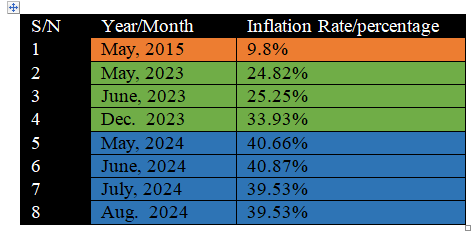
According to the National Bureau of Statistics (NBS) analysis, Nigeria’s food inflation has persistently been on the rise in the past five months of 2024, more so than in the past 5 to 8 years. The significant decrease in July and August 2024 could be attributed to seasonal changes. For instance, in June 2024, a basket of tomatoes sold for N120,000 but dropped to N50,000 in August. Additionally, peppersold for about N35, 000 for small baskets in June 2024, and dropped to N13, 000 in August. Naturally, such goods are usually in surplus during the rainy season. Statistics show that despite a slight decrease in overall food inflation in August 2024, the prices of staple foods such as rice, yam, and beans remain significantly high.
Generally, the inflation rates for various non-food items have experienced significant growth from May 2023 to July 2024, driven by increases in transportation, housing, and utility costs. The core inflation rate reached a record high of 27.47% in July 2024, reflecting persistent economic pressures. Data from the NBS also revealed that as of May 2023, the total inflation rate was 22.41%, and by May 2024, the total inflation rate had risen to 33.95%. The NBS also noted that all inflation categories in Nigeria have surged significantly over the year. The most notable increase was in food inflation, which rose by 15.84 percentage points from 24.82% in May 2023 to 40.66% in May 2024. Headline inflation increased by 11.54 percentage points, from 22.41% in May 2023 to 33.95% in May 2024. Core inflation rose by 7.21 percentage points, from 19.83% in May 2023 to 27.04% in May 2024.
Government-induced Hardship and Economics of Cost, Demand and Supply
The question is, by blaming traders, has the government shown seriousness in addressing inflation? It can be a way for the government to distract itself from facing the underlying issues, such as rising production costs and regulatory challenges. The removal of fuel subsidies in Nigeria is a complex issue that intersects with the economic principles of demand, supply, and free market economy. Subsidies artificially lower prices, distorting the natural equilibrium between supply and demand. When subsidies are removed, prices rise, leading to changes in consumption patterns and potentially reducing demand.
READ ALSO: FCCPC Clarifies One-month Moratorium On Exploitative Pricing Amid Economic Challenges
Why has the government not brought down the price of petroleum products, even when it has refused to do the necessary work in building refineries? Instead of blaming and raising concerns about how to punish traders, government should focus on addressing the root causes. After being forced to sell crude to Nigeria’s only functional refinery, the Nigeria National Petroleum Corporations, is still interested in being the sole buyer of Dangote Refinery’s petrol. Clearly, this is to ensure that the prices remain high as shown in the rush to raise prices in the wake of the announcement by Aliko Dangote that the refinery has started petrol production. Who is fooling who?
Dr Mbamalu is a Jefferson Fellow, member of the Nigerian Guild of Editors (NGE) and a renowned Publisher.
Dr. Marcel Mbamalu is a communication scholar, journalist and entrepreneur. He holds a Ph.D in Mass Communication from the University of Nigeria, Nsukka and is the Chief Executive Officer Newstide Publications, the publishers of Prime Business Africa.
A seasoned journalist, he horned his journalism skills at The Guardian Newspaper, rising to the position of News Editor at the flagship of the Nigerian press. He has garnered multidisciplinary experience in marketing communication, public relations and media research, helping clients to deliver bespoke campaigns within Nigeria and across Africa.
He has built an expansive network in the media and has served as a media trainer for World Health Organisation (WHO) at various times in Northeast Nigeria. He has attended numerous media trainings, including the Bloomberg Financial Journalism Training and Reuters/AfDB training on Effective Coverage of Infrastructural Development of Africa.
A versatile media expert, he won the Jefferson Fellowship in 2023 as the sole Africa representative on the program. Dr Mbamalu was part of a global media team that covered the 2020 United State’s Presidential election. As Africa's sole representative in the 2023 Jefferson Fellowships, Dr Mbamalu was selected to tour the United States and Asia (Japan and Hong Kong) as part of a 12-man global team of journalists on a travel grant to report on inclusion, income gaps and migration issues between the US and Asia.

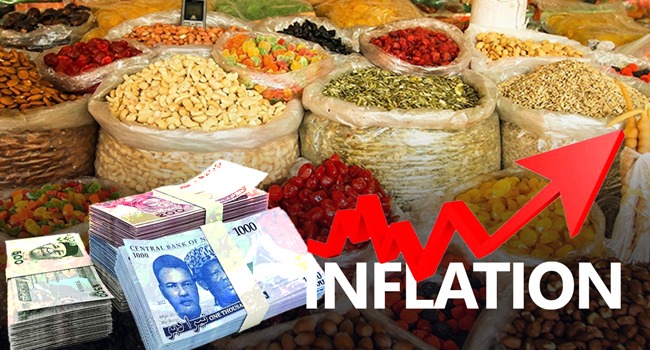





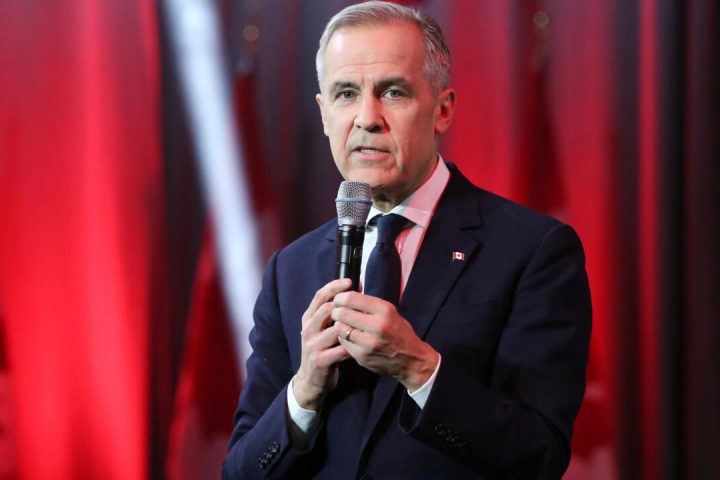







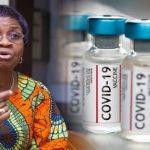
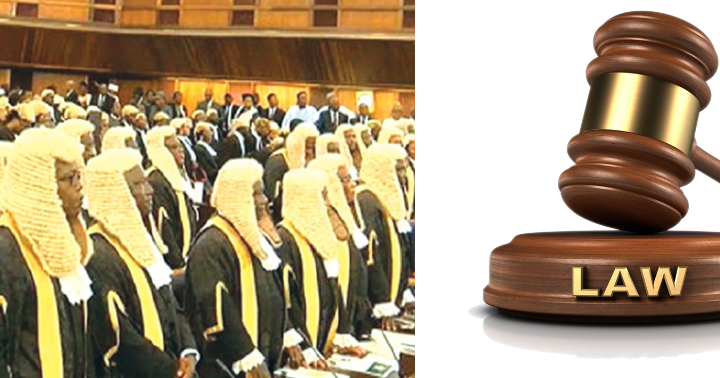
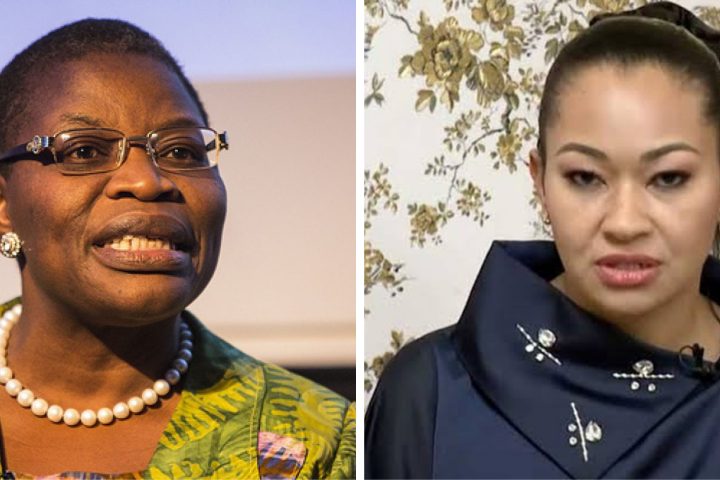
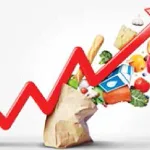
Follow Us